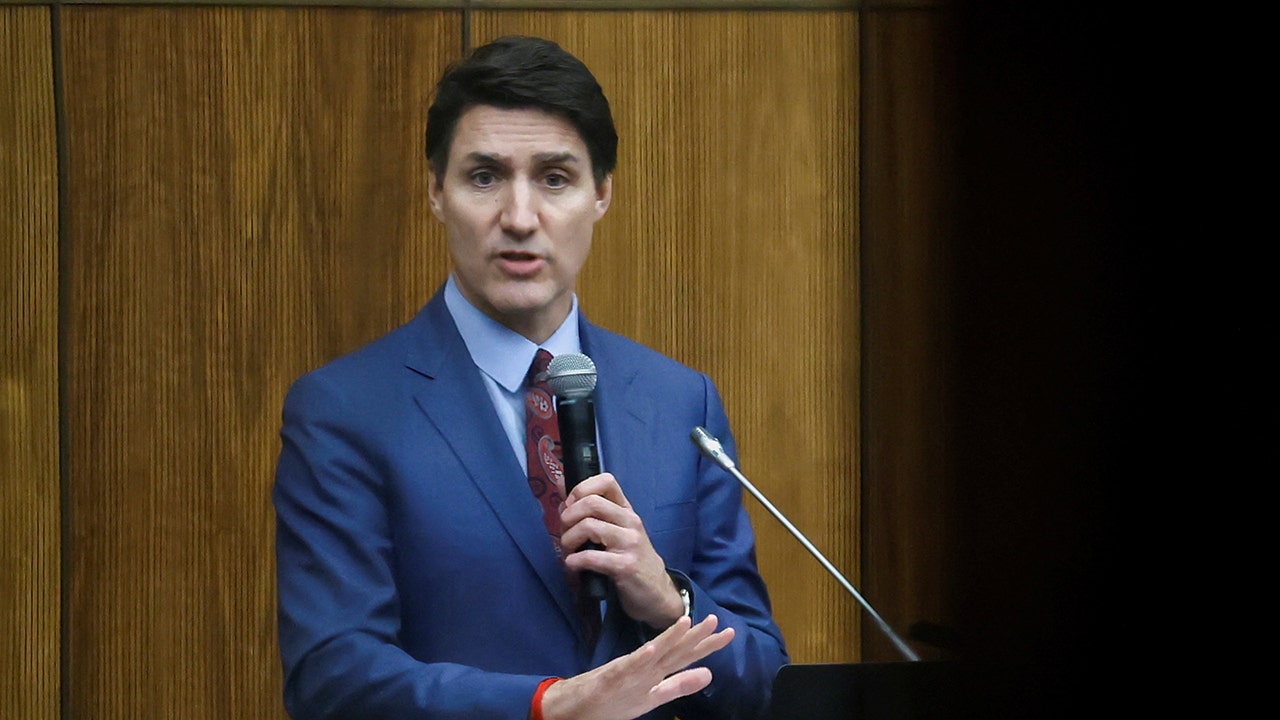Justin Trudeau looks set to lose power after key ally vows to topple him

Canadian Prime Minister Justin Trudeau is facing a major challenge to his leadership as a key ally has announced plans to bring down the minority Liberal government and trigger an election in the new year. New Democratic Party leader Jagmeet Singh has stated that he will present a formal motion of no-confidence when the House of Commons reconvenes on January 27th.
If all opposition parties support the motion, Trudeau could be ousted from office after more than nine years as prime minister, leading to a new election. Recent polls have shown that the Liberals are struggling with voter fatigue and facing backlash over high prices and a housing crisis, making them vulnerable to defeat by the right-of-center Conservatives.
The New Democrats, who compete with the Liberals for center-left voters, have criticized Trudeau for being too closely aligned with big business. Singh’s decision to move quickly on the motion of no-confidence has put pressure on Trudeau, who is already facing calls for resignation following the unexpected departure of his finance minister.
In response to the escalating crisis, Trudeau oversaw a cabinet shuffle, but his office has not yet issued a formal statement on the situation. The Bloc Quebecois, another opposition party, has pledged to support the motion of no-confidence, leaving Trudeau with little room to maneuver.
The timing of this political turmoil is particularly sensitive as the incoming U.S. President, Donald Trump, has threatened to impose tariffs on Canadian imports, which could have a significant impact on the economy. The premiers of Canada’s provinces are urging for a united response to the tariffs, highlighting the need for stable leadership in Ottawa.
As the political drama unfolds, it remains to be seen how Trudeau and his government will navigate this challenging period. With the prospect of an election looming, the future of Canada’s leadership hangs in the balance.




